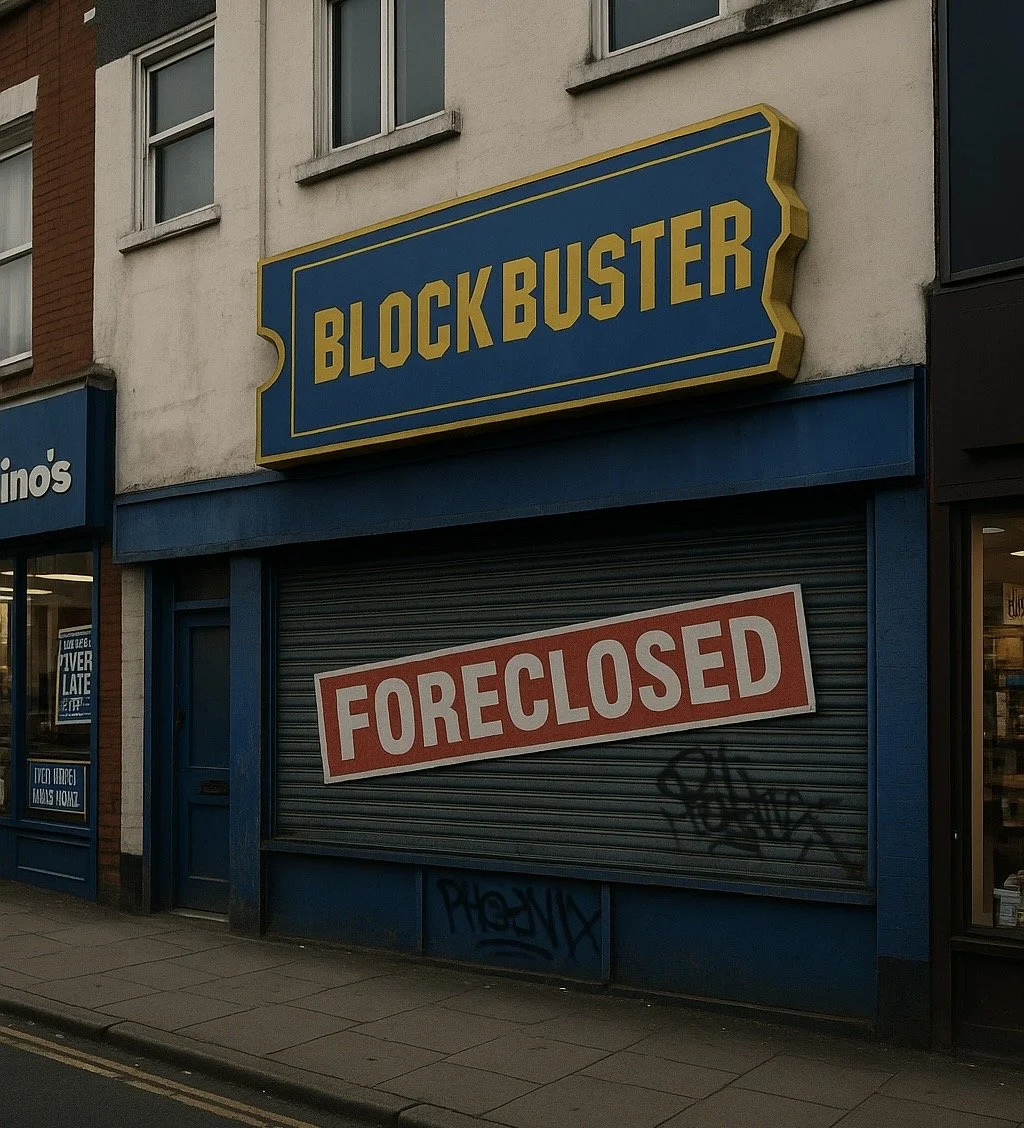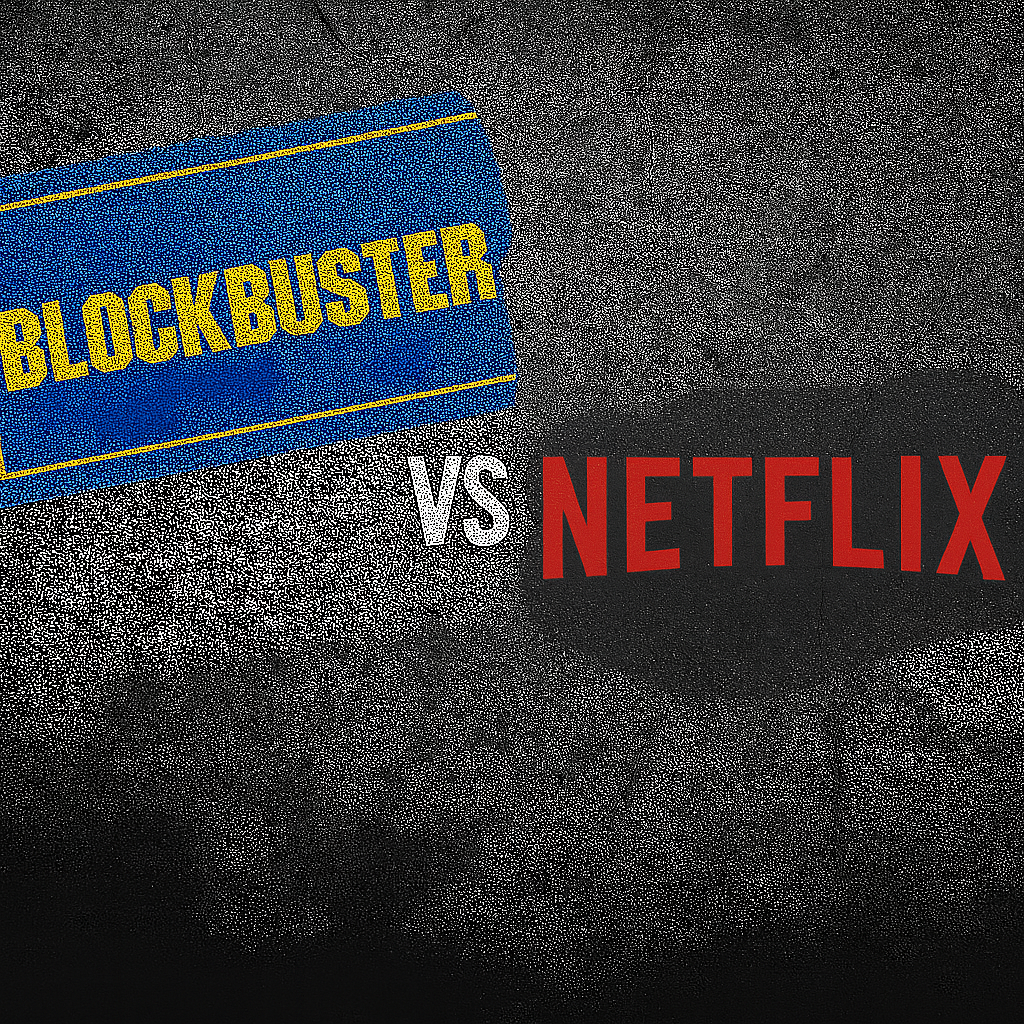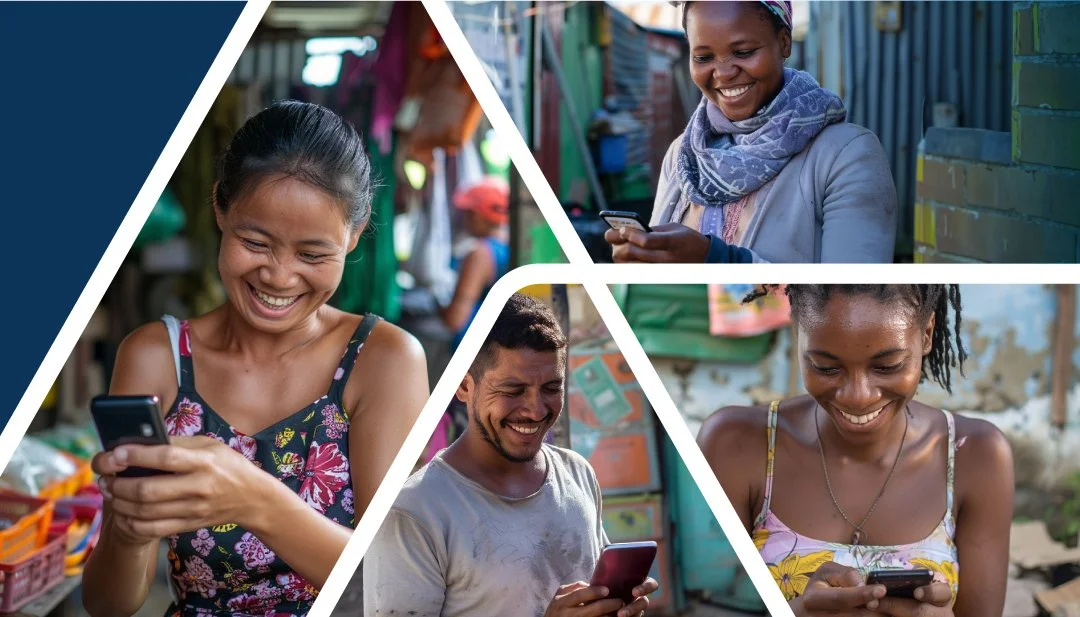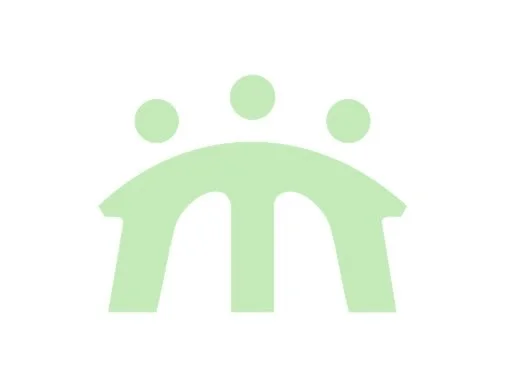The Arrogance of Power -Part 1
The arrogance of power isn’t just a theme, it’s a warning.
At its core, it’s the belief that what man creates, nature won’t challenge. That control is permanent. That once something becomes dominant, it cannot fail.
It’s the mindset that says:
“We built this system. We own it. It cannot be challenged.”
“We know what’s best for everyone. Trust us.”
“We’ll fix the problems with more of the same.”
But power, when disconnected from truth, becomes blind.
Blind to suffering.
Blind to innovation.
Blind to the shifts happening beneath its own feet.
Because the systems that survive aren’t the ones that dominate
They’re the ones that listen, that adapt, that serve.
The Blockbuster vs. Netflix Story
This is more than a business case study.
It’s a metaphor.
A lesson in how entrenched power loses touch, and how quickly it can fall when it refuses to evolve.
Before Netflix became a household name, Friday nights belonged to Blockbuster.
It wasn’t just a store, it was a ritual.
I remember going with my family, the buzz in the air, people chatting about the latest films. Shelves stacked high with new releases. We’d grab snacks, rent a movie, maybe even a game. I remember when we couldn’t afford a PlayStation, but Blockbuster let us rent one for the weekend. That was magic.
But over time, the cracks appeared.
You’d rush in to get the film you wanted, only to find it gone. Then came the dreaded late fees. I’ll never forget being charged £30 for returning a video a few days late. It pissed me off so much I never went back.
That was my breaking point.
Then I started hearing about something new—Netflix.
No late fees.
Keep the film as long as you want.
Unlimited watching.
It wasn’t about punishment, it was about freedom.
I didn’t sign up right away, but I admired the idea. It made sense.
Netflix didn’t just offer a better product, they felt the frustration.
They saw what Blockbuster refused to see.
They offered a choice.
What Netflix really showed was empathy for the change already happening, and the courage to act on it.
That’s what innovation looks like when it’s rooted in service.
The Meeting That Said Everything
Illustration of the meeting between Blockbuster & Netflix.
Marc Randolph, the co-founder of Netflix, once shared a moment that says everything.
In the early days, when Netflix was struggling, he and his team met with Blockbuster’s board to pitch a partnership.
Streaming. Mail-order rentals. No late fees. A better experience.
Marc said the meeting was going well.
Then came the ask:
$50 million.
There was silence…
Marc tried to gauge the room.
And then—he realised the board was trying not to laugh.
Marc thought the arrogance was in the boldness of the ask.
But that wasn’t it.
The real arrogance was in Blockbuster’s belief that their empire was untouchable.
They couldn’t see the storm coming.
And that storm wasn’t Netflix.
It was the internet.
The internet disrupted, and elevated, every industry it touched.
And Blockbuster was still operating like it was 1995.
They didn’t realise their most valuable asset, the customer, was already walking away.
Netflix understood that change was coming.
Blockbuster resisted it.
And by the time they reacted, it was already too late.
That same story is playing out again…..on a global scale.
This time, it’s not Blockbuster.
It’s the old financial architecture.
I’ve said before: change is one of the core laws of the universe.
Everything evolves. Everything transforms.
But when power becomes arrogant, it fights change.
It clings to the illusion of permanence.
And those who manage today’s legacy financial institutions?
They know.
They know the system is broken.
They know it’s unsustainable.
But they believe they can fix it from within, by tweaking the same rules that caused the collapse in the first place.
It’s like a slave owner believing the answer is a better-designed whip.
They’re too far removed from the ground to understand what’s happening:
The rising cost of living.
The quiet rage.
The sense that things just aren’t fair.
And still they double down.
More control.
More surveillance.
Central Bank Digital Currencies. Regulated stablecoins.
New rules. Tighter cages.
They think they’re building stability.
But really, they’re building a panic room for a system that’s already on fire.
Because the problem isn’t the tools.
It’s the mindset.
And the mindset is changing.
It’s spiritual.
It’s a collective consciousness awakening.
People are waking up.
The Fear of Losing Control
They’re not afraid of collapse itself.
They’re afraid of what happens when they’re no longer in control.
They fear what freedom looks like.
They fear what happens when people opt out.
When we build something they can’t regulate, predict, or own.
But here’s the paradox:
Collapse isn’t the problem.
It’s the clearing for something new.
Netflix wasn’t a better Blockbuster.
It was a new paradigm, because its founders understood the shift and had the courage to move with it.
And now, that same shift is happening with money.
The Real System Was Never the Financial Institution
We asked institutions to hold our money.
But over time, we gave them something far more valuable:
Control over our economic energy.
We gave up our sovereignty in exchange for convenience.
For safety. For ease.
And they turned that convenience into control.
I had my personal financial access restricted—just for buying Bitcoin.
Peaceful protestors had their accounts frozen—just for dissent.
Iran had one of its financial networks digitally erased in a cyberattack.
These aren’t glitches.
They’re previews.
They show how fragile, conditional, and dangerous our access to money has become.
But here’s the truth:
The legacy financial system was never meant to be the system.
It was just a tool.
A temporary bridge for value exchange.
Let’s be real:
“This current economic system is arbitrary, isn’t it?
‘This is valued at this price?’ — Okay.
But wouldn’t a better and more solid economy system be one based on the people themselves?
On our skills.
Our imagination.
Our contribution to society?
A system that values who we are, not just what we own?
EvoMone is about you.
It’s the result of over a decade of listening, learning, and understanding where the pain really is.
At the core of all this is our Fear.
We forgot our own power.
Out of trillions of possibilities, you exist.
Not randomly, but with purpose.
We gave away that power, to institutions, to systems, to the comfort of letting others decide for us.
But now, we’re remembering.
The next system won’t be built on control, it will be, Open, Borderless, Neutral, Decentralised.
It will be built on choice.
The old economy is collapsing, and that’s a good thing. Point is you don't have to worry about the collapse of the old system.
Because now we move toward something new.
The Same Way We Moved From Blockbuster To Netflix…
We’re now moving from legacy finance to something deeper.
The internet elevated how we communicate, our news, our music, our stories.
The next evolution is how we exchange value.
Our job isn’t to save the old system.
Our job is to choose what comes next, so when the old ones crumble of its own dead weight..
we’ll already have something more resilient.
More human.
More free.
And that new system isn’t hidden in a vault. It isn’t coded in a server.
It’s us.
Put the energy back into you, and watch how free you become.






